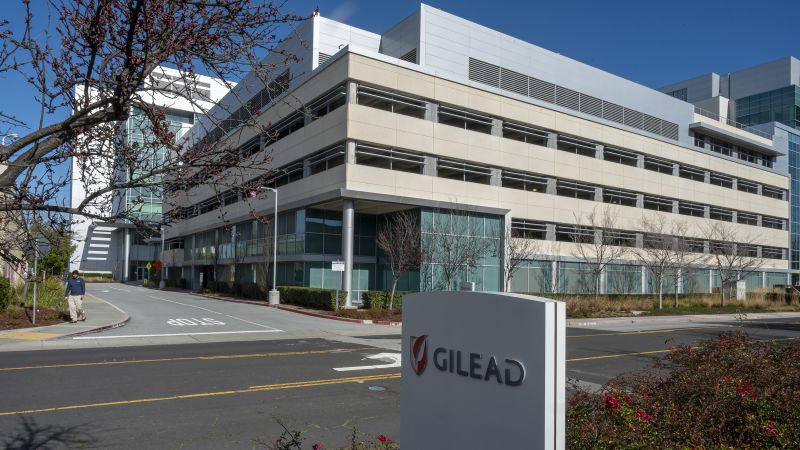In a significant development for HIV prevention, a drug currently utilized for treating HIV has shown remarkable potential in reducing the risk of infection—outperforming the primary pre-exposure prophylaxis (PrEP) option available to date.
According to data released by Gilead Sciences, results from a Phase 3 clinical trial revealed that 99.9% of participants who received a twice-a-year injection of lenacapavir for HIV prevention did not contract the virus. The trial involved 2,180 patients and reported only two infections, effectively indicating a 96% reduction in HIV infection risk. This finding also suggests that lenacapavir is 89% more effective than Truvada, the conventional daily pill used for prevention.
The trial was unblinded early after it met its key endpoints, allowing lenacapavir to be offered to all participants. Onyema Ogbuagu, the principal investigator for the trial and director of the Yale Antivirals and Vaccines Research Program, noted, “The difficulty some people can experience with taking an oral pill every day, including challenges with adherence and stigma, have hindered uptake and persistence of the standard of care for too long, thus blunting PrEP’s impact on HIV prevention.”
He added, “The incredible efficacy demonstrated in the PURPOSE 2 trial, the potential benefits of a twice-yearly injection, and the diversity of trial sites and participants show the impact that lenacapavir for PrEP could have for people around the world who need new choices to reduce their chances of acquiring HIV. This breakthrough adds significantly to our arsenal of tools to move us closer to achieving an AIDS-free generation.”
The PURPOSE 2 trial included diverse participants such as cisgender men, transgender men, transgender women, and gender nonbinary individuals aged 16 and above who engage with partners assigned male at birth. This trial spanned 88 sites across seven countries: Argentina, Brazil, Mexico, Peru, South Africa, Thailand, and the United States.
Additionally, another recent trial indicated that the long-acting injectable lenacapavir could provide full protection against HIV acquisition in women, achieving 100% efficacy among young women and adolescent girls in Africa, as published in trial data in July.
Describing the significance of these findings, a news release from the World Health Organization declared it a “significant breakthrough in HIV prevention.”
Gilead Sciences has announced plans to use this trial data to initiate the drug approval process in numerous countries by year’s end, with a focus on prioritizing authorization in high-incidence, low-resource areas.












